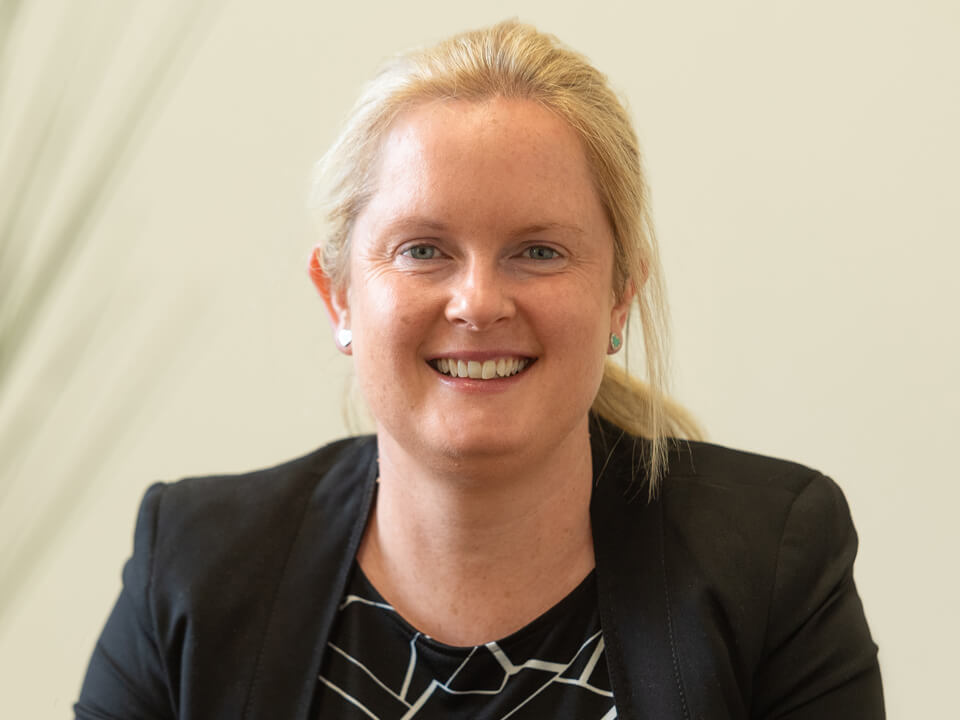Divorce Myths
Our team of specialist Divorce Solicitors come across a number of misunderstandings or "myths" about UK Divorce law. It can be a complicated area of law and it is always advisable to take specialist legal advice tailored to your own circumstances. It can be an emotional time with lots of things to consider like finances, pensions and child arrangements.
Clients come to us with many preconceptions of Divorce, here are just some of the more popular myths that we have come across:
Quickie or Quick Divorce
Quickie or Quick divorce is often used in the media but the divorce process is anything but quick. It can take between five to nine months from the start of the Court process before you are able to apply for the Final Order (Decree Absolute).
The phrase “quickie divorce” is used to describe an “undefended” divorce, in which the vast majority of divorces were. As of April 2022 couples seeking a divorce can no longer defend a divorce, and you can only dispute a divorce under very limited circumstances.
You are automatically divorced if you have been separated for a number of years
You have to go through the same process whether you have been separated for ten days, ten months or ten years. It is the Family Law Courts that make the divorce orders and therefore there is no automatic divorce after a certain number of years of separation.
You can get a divorce because you have drifted apart or no longer love each other
Historically you could not get a divorce because you have simply drifted apart or you no longer love each other. However, since No Fault Divorce was introduced there is now only one ground for divorce which is the irretrievable breakdown of your marriage. As such it is now possible to get a divorce if you no longer love each other.
Blame game
The 6th April 2022 saw the end of the “blame game”, a term frequently used to describe acrimony surrounding divorce and separation. The previous divorce law meant that unless you had been separated for 2 years you had to ultimately apportion blame if you wished to divorce your spouse.
It is quicker to divorce if you have been separated for 2 or more years
The divorce process is the same regardless of how long you have been separated as it is now no longer necessary to wait two years to avoid apportioning blame. The divorce papers still need to go to the Family Law Court and be sent to your spouse or spouse's solicitor.
You can’t claim against each other financially in the future, when you’re divorced
This myth has often shocked people as you’d think that once a divorce is through then the financial ties are cut too. However, without a court order setting out any financial agreements and dismissing your claims against each other, you are still vulnerable to claims in the future. So, if you win the lottery in ten years and have not sorted a court order, your ex could apply to Court for financial settlement from you. It is always best to get something sorted at the same time as the divorce.
A separation agreement is legally binding
The only document that makes your financial agreements enforceable through court, is a court order.
A separation agreement is not in itself legally binding but can be used as a persuasive document to the Court in considering a final financial Court Order. A separation agreement is better than nothing if you do not wish to or cannot issue divorce proceedings shortly after separation. However, to ensure you are protected in the future the best document to obtain is a Court Order.
Common law marriage
Within English Law, there is no such thing as common law marriage. Many people believe that if they have been in a romantic relationship or lived together for a certain period of time that they will be treated as if they are married. This is not the case. There is a law governing marriage that you have to have complied with to form a legally binding marriage. If you have not then you will not be classed as married and therefore will not be protected by the law governing divorce.
This can leave cohabiting or “unmarried couples” legally and financially vulnerable. You can enter a cohabitation agreement before living together to set out what will happen if you separate. It is best to obtain specialist legal advice in this area of law.
How can we help
The divorce and family law team at Pearson Solicitors in Oldham can help guide you through what is often a difficult time, we make sure our clients are kept up to date with the latest legal advice and are happy to have a no obligation chat in the first instance.
Quite often clients will call and chat to one of the divorce solicitors and then go away to consider their options before returning.
From our 3 office locations in Oldham, North Manchester (Junction 22 of the M60) and Failsworth we work with clients across Oldham, Saddleworth, Failsworth, Hollinwood, Manchester, Stalybridge, Hyde, Rochdale, Bury, Tameside, Glossop, Stockport, Cheadle, Sale, and Altrincham areas.
We can meet at your convenience and do a lot of meetings via telephone, Teams, Zoom or any medium that makes you feel comfortable when discussing sensitive matters.
Call us today and speak to one of our Specialist Divorce Solicitors
If you need help and advice regarding Divorce, call our Divorce and Family Law Solicitors on 0161 785 3500 or email family@pearsonlegal.co.uk.




